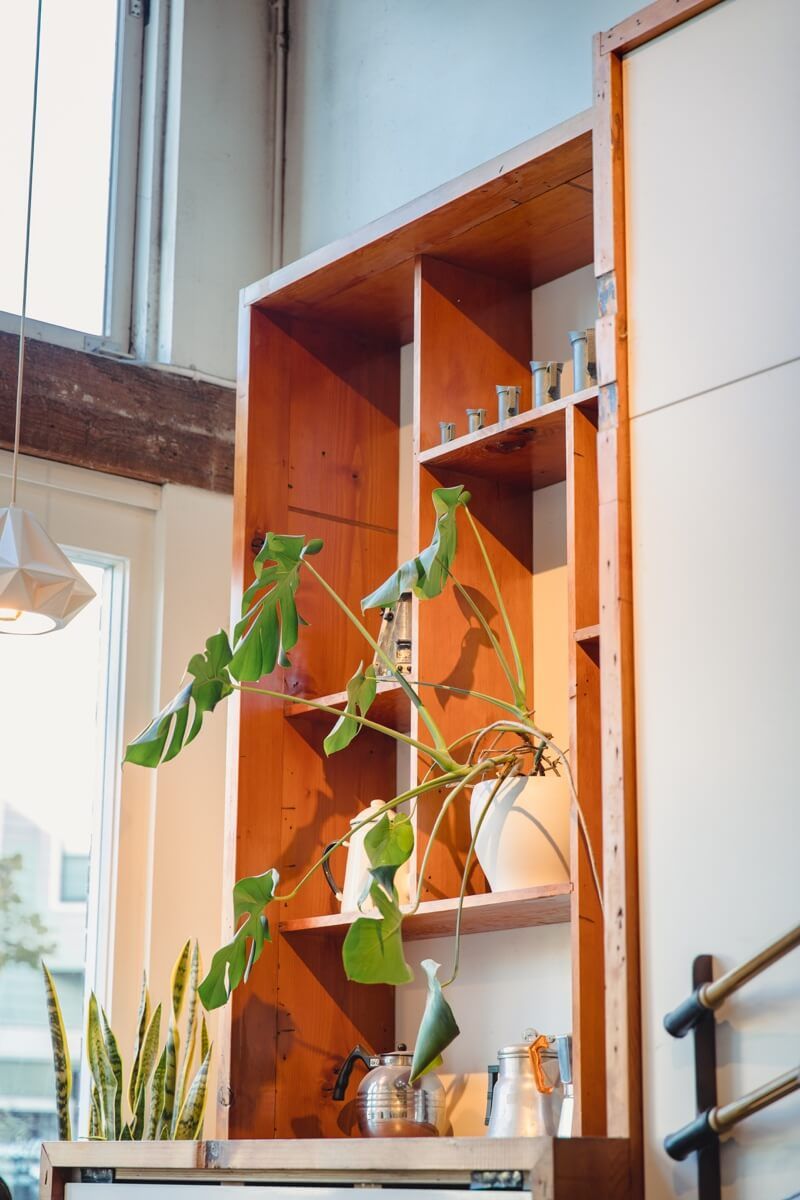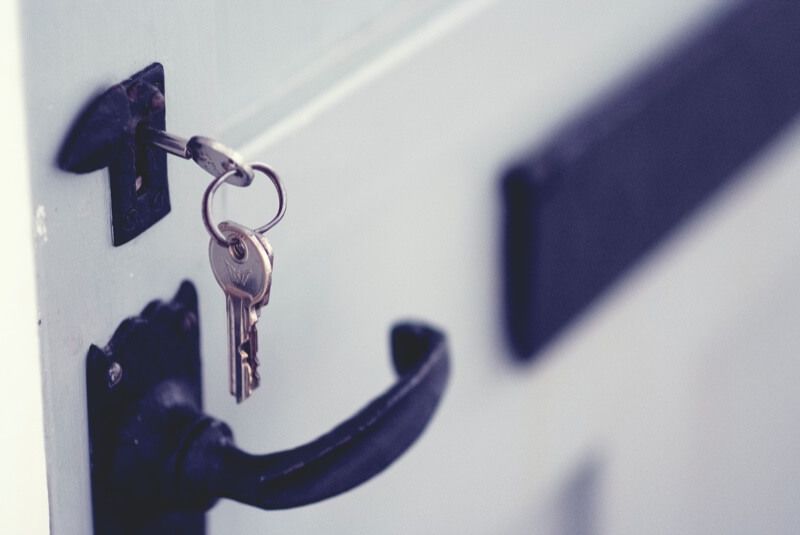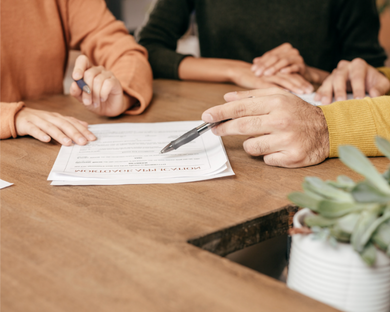How long does a mortgage offer last?

It's common to take out a mortgage when buying a home these days and a big milestone is when you get a formal mortgage offer from your lender.
But once you've got an offer, it's normal to have plenty of questions. Like how long does it take to get from the offer stage to completion? How long does a mortgage application take? And how long does it take to get a mortgage?
In this article we look at the answers, explore what role a mortgage offer plays and how long it lasts for once you've received it.
What is a mortgage offer and how can I get one?
First things first, let's understand how you get to the offer and what's involved when you get a mortgage.
Let's assume you've already found a property you want to buy, you've worked out what your home buying budget could be and you've found a mortgage product with a lender that might work for you. It's time to think about the agreement in principle stage.

The 'agreement in principle'
Once you feel the time is right and you're ready to apply, you'll need to provide your lender with some information about yourself, such as your household income, how much you want to borrow and how much of a deposit you have. Lenders will use this information to carry out a credit check on you through a credit referencing company. This information about you is important to your lender, as it helps them to understand if you could be financially eligible for the product you're applying for. It's also so that authorised and regulated lenders understand the risk they're taking on by lending money to you through a mortgage.
If your credit check meets the lender's criteria, then they will offer you what's known as an 'agreement in principle' (sometimes called a 'mortgage in principle' or 'decision in principle'). This can often come in the form of a written estimate(sometimes as a certificate) showing how much your lender may be willing to lend to you. If you're applying for a mortgage alongside a partner or friend, and they also pass your lender's financial criteria, then the agreement in principle will show how much they might be willing to lend to the both of you.
You can use your agreement in principle / mortgage in principle when continuing or stepping up your property search as proof to estate agents or the seller that you could, in theory, have the necessary finances in place to buy the home. However, bear in mind that your agreement in principle isn't necessarily a guarantee that you will get a mortgage. Your lender could still change their decision or offer based on your completed application, or based on further checks that they run as part of your full mortgage application.
How long does a mortgage agreement in principle last?

Typically, your agreement in principle will be valid for anywhere between 30 to 90 days in total. After that, the agreement in principle will usually expire, but you can always re-apply (even to the same lender).
One thing to bear in mind is that any mortgage lender you approach about an agreement in principle, to get a mortgage with, will run another credit check on you. And if you do this too many times, you could find that you negatively affect your credit score. A 'bad' credit score could impact you in a number of ways, such as higher interest rates on mortgages available, or you may be more likely to be rejected by lenders.
From agreement in principle to mortgage offer
Let's skip ahead in time slightly and assume you're happy with your agreement in principle and that it provides you with the loan you need in order to buy a home.
You may now be ready to press ahead with your mortgage application in full. While you've already provided your lender with some details about yourself, they'll need more information in order to take your application forward. Some of things your lender might ask you for include (but aren't limited to):
- copies of utilities bills
- payslips from your employer (typically for the last 3 months)
- identity (usually your passport or driving license)
- current account bank statements (usually from the last three to six months)
- a P60 form from your employer
If you're self-employed, they might also need information from you such as tax return forms, business account statements and proof of income as part of your mortgage application.
Your lender needs this information from you so that they can carry out underwriting checks on you. Underwriting checks help them to understand the risk they're taking on by lending you the money. How long it can take to get to this point will often depend entirely on how long your lender's underwriting checks take.
Other than the information that you provide your lender with, they will also want to understand more about the property you're interested in buying. Typically, they find out what they need to know through a valuation survey of the home, which they will summarise in a report. If the property also passes their assessment criteria, then you may be well on your way towards a mortgage offer.
What happens once you have a mortgage offer?

Once your mortgage lender has completed their underwriting and property survey checks and they're 'happy' with the risk that they're taking on in providing you with a mortgage, the next step is likely to be the mortgage offer. Unlike the agreement in principle, the mortgage offer is confirmation that your lender is willing to lend you a set amount of money through a mortgage. The offer itself contains information on things like:
- personal information about you (name, address, age)
- information on the property you're buying
- the mortgage conditions (such as the interest rate, term, repayment amount)
- information on any clauses should you stop repaying your mortgage (i.e. repossession of your home)
Make sure you take the time to review your mortgage offer carefully, as it provides you with many of the important details about the financial commitment you're about to make. It's worth saying that you do have a 'periodof reflection' (typically 7 days) to take the time to think about whether you go ahead with your mortgage. If you do decide to cancel, you should inform your lender and you may be liable for a cancellation fee.
However, if you're happy with the offer and you're ready to move forward, you then accept the mortgage offer directly with your lender (or through your mortgage broker if you're using one). When your accepted offer has been acknowledged by your lender, you're then on to exchanging contracts. And if all goes well, completing the purchase of the home.
Exchanging contracts
Exchanging contracts is mainly between you and the seller of your future home (via your solicitors and theirs). Before you actually get to exchanging contracts, there are a number of things to tick off of the list first.
Firstly there's getting a list of the 'fixtures and fittings' that are included in the price of the property. This will tell you what additional things will be in the home on the day you move in (e.g. kitchen appliances, lights, plugs, radiators).
There's also the matter of buildings insurance, which is compulsory when buying with a mortgage. It's worth pointing out that if you're buying a leasehold property, you should double check if the buildings insurance is already taken care of by the freehold owner.
Your solicitor/conveyancer should have completed local area searches for you and have a survey of the home on record. They will also handle lodging an interest in your future home on your behalf, so that you can pay the seller and set you up as the owner on the Land Registry on completion.
You will also need to have all your finances in place in order to complete the transaction. This includes your mortgage offer and your deposit in full. It's common for sellers to ask for a holding deposit (typically 10% of the purchase price) as a form of reassurance that the deal will be completed.
And finally, it's worth having a final review of all the important details with your solicitor so that you can be sure you're happy to proceed. Usually, your solicitor will have some paperwork for you to sign to mark the end of this process and puts you in a position to complete the transaction.
How long are mortgage offers valid for?

So, how long do mortgage offers last? While this can vary from lender to lender, a mortgage offer can typically last for anything between 3 and 6 months. In most property transactions, this gives you plenty of time to exchange contracts with the seller of your future home and complete on the deal.
When the offer is valid from can also depend on the lender. For some it's the moment you start your application, while for others, it's from the date the mortgage offer is made.
What happens if a mortgage offer expires?
In life, things don't always go to plan. So what happens if the final stages take longer than expected?
If your lender is willing to extend your mortgage offer it can be important to let your lender know as soon as possible (typically a couple of weeks) ahead of any delays. As to how much of an extension you could get depends on your lender(in some cases, it could be around a month).
However, your lender doesn't have to offer you an extension. If this is the case, you may need to re-apply for a mortgage from scratch, which means paying for another valuation (if you are charged for this) and for any solicitors fees up to that point. You will also have to go through the same checks as before in order to get another mortgage offer.
How long until I get to completion?
Every property purchase is different, as there are lots of factors at play that can affect how long it takes to get to completion.
Sometimes your property purchase is part of a longer chain. For example, your seller might also be waiting to complete on their new home purchase, which could mean your timeframe isn't solely dependent on your own property transaction happening. In other cases, administrative work could take longer than usual.
Ultimately, it will come down to a case by case basis. However, staying in touch with your solicitor can be key to staying up to date on any progress made.
You're mainly working towards exchanging contracts at this point. Once this is reached, the only thing left to do is to set a completion date. Typically this very final stage, which could take around a week or two.
Wondering if a mortgage is still for you?
It can be normal to consider your options once you start to look at the finer details involved when buying a home. If you're starting to re-think how you buy your future home, you might want to explore alternative routes. One of those options could be Wayhome.
With our Gradual Homeownership product, you're able to buy with a 5% deposit and there's no mortgage or lending involved. Instead, we arrange a partnership between you and our funding-partners (big institutions like pensions funds) to buy the home you're interested in together and in cash.
If you were to buy 5% of the home with your deposit, you would pay rent on the remaining 95% of the home. This rent then goes to the funding partner, who bought the majority of the home. And any excess rent you pay each month goes towards building increased equity in your home.
To find out more about how Gradual Homeownership with Wayhome works, just click the first link below. Or alternatively, you can read through some of our Frequently Asked Questions (FAQs)from other people by clicking the second link below.



